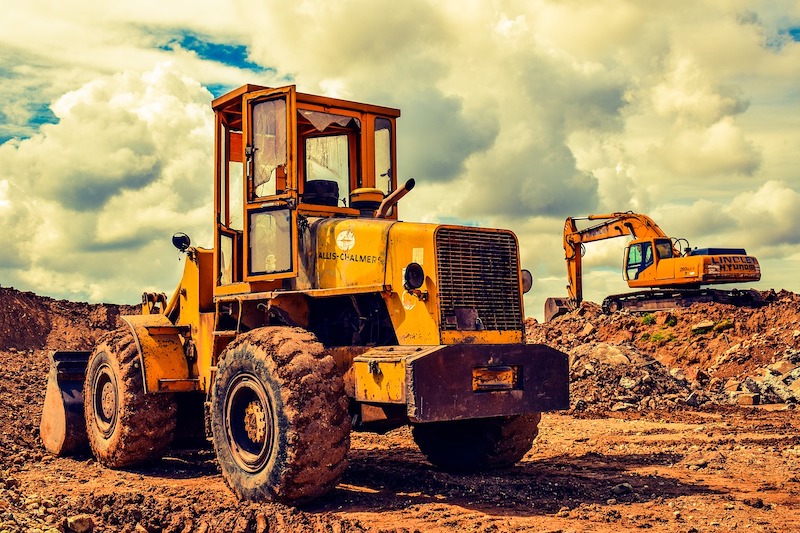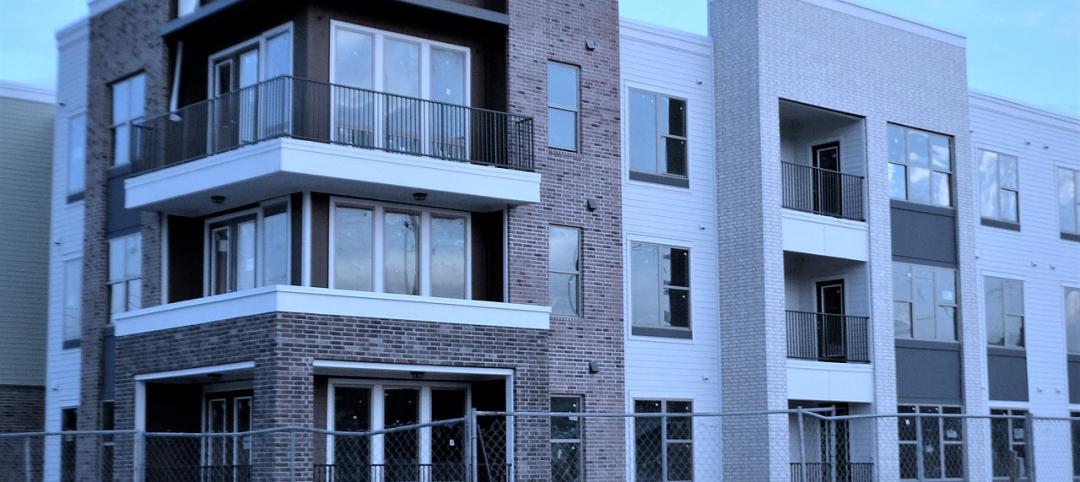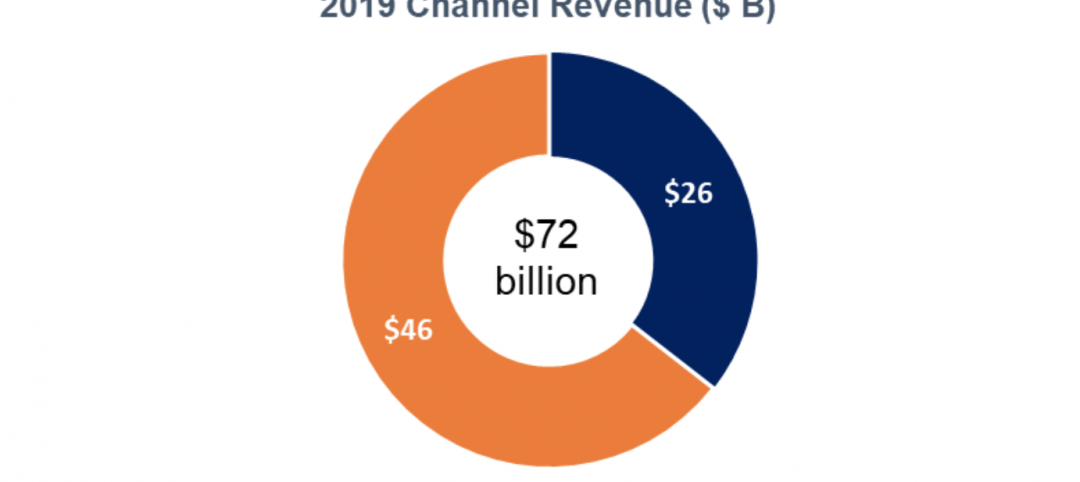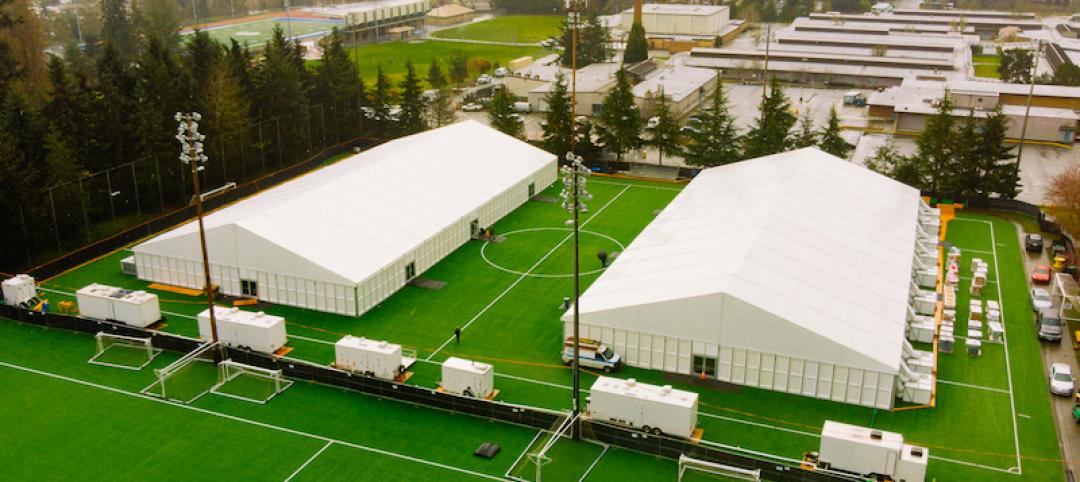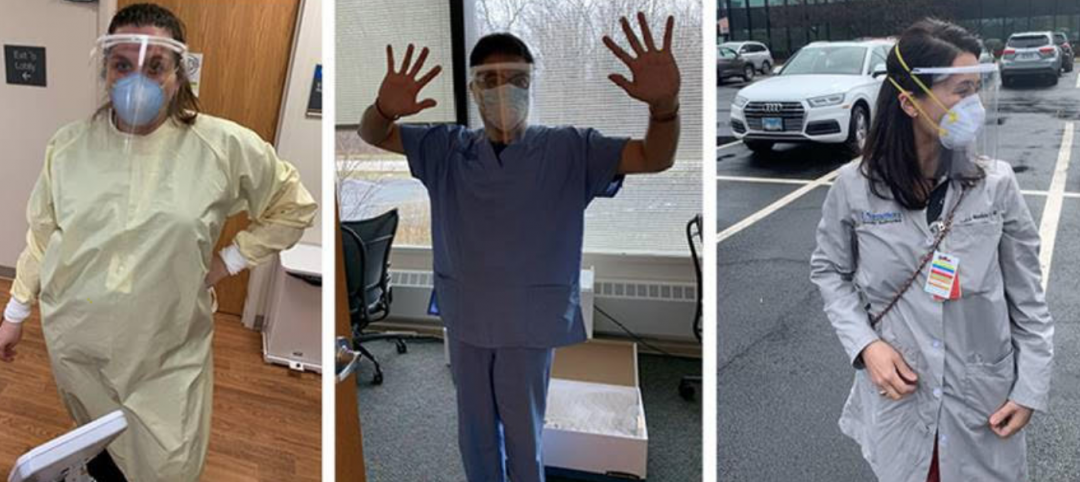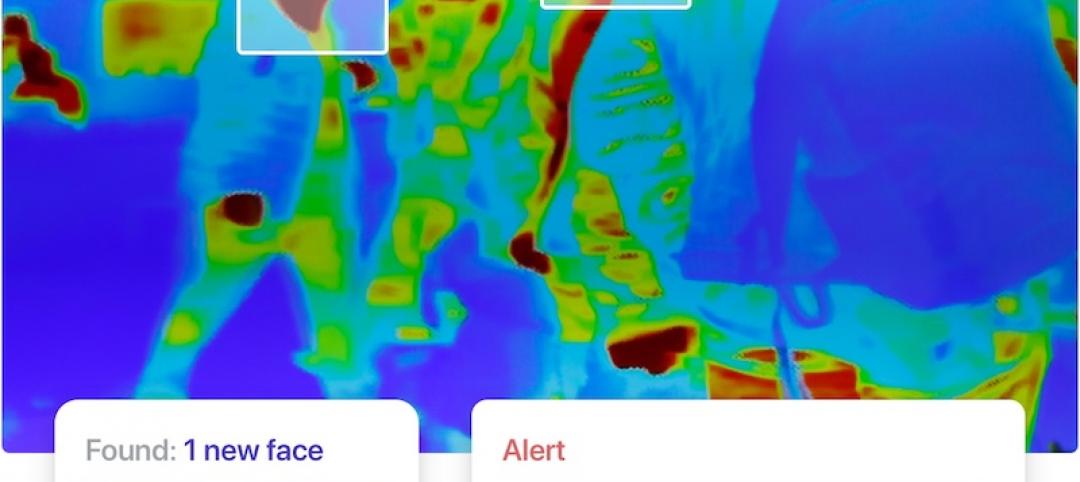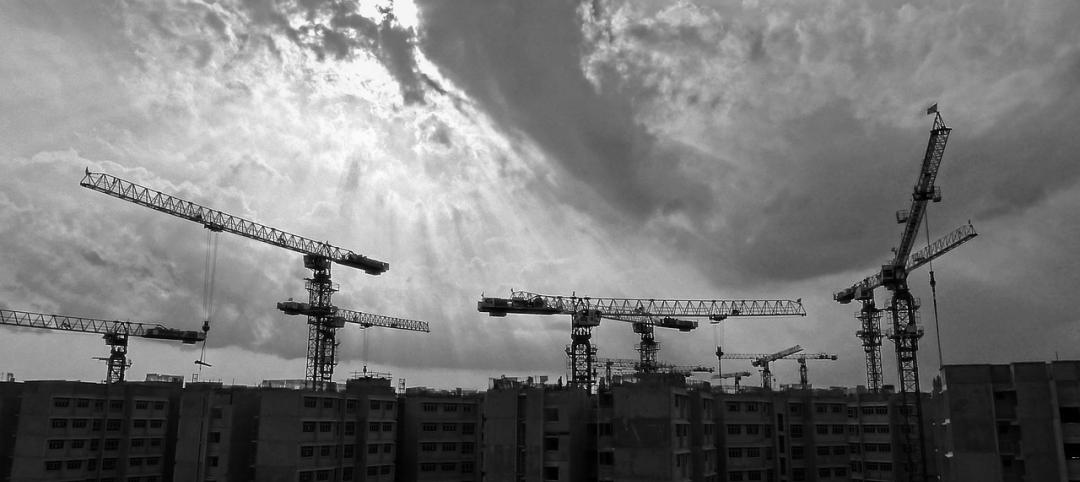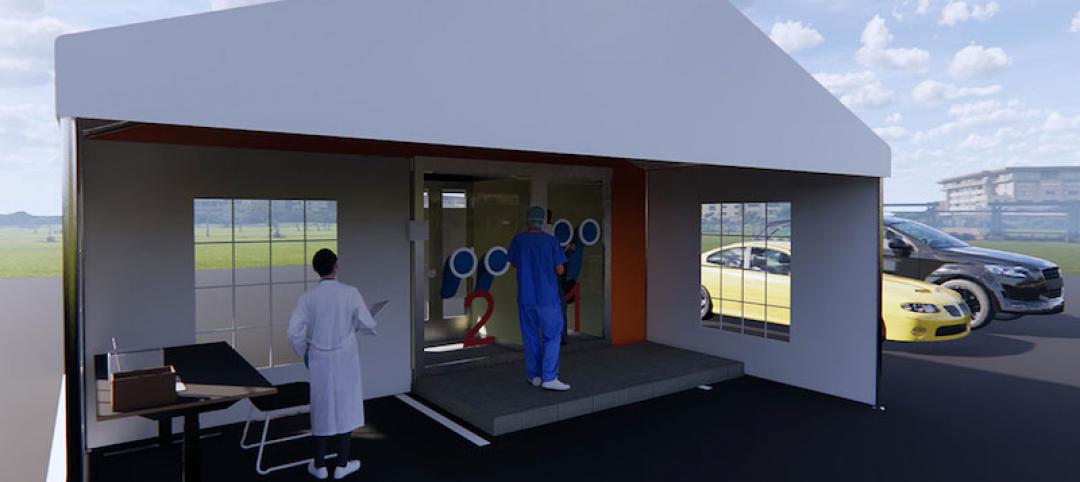Thirty-nine percent of contractors report that project owners have halted or canceled current construction projects amid deteriorating economic conditions, according to a survey released today by the Associated General Contractors of America. Association officials warned that these cancellations mean massive job losses are likely soon unless Congress passes targeted recovery measures to boost infrastructure funding, compensate firms for lost or delayed federally funded work and provide needed pension relief. The project cancellations are particularly severe in light of new data showing that 42 states added construction jobs through February.
“The abrupt plunge in economic activity is taking a swift and severe toll on construction,” said Ken Simonson, the association’s chief economist, noting that only 18% of respondents have been ordered to halt work by elected officials. “The sudden drop in demand stands in sharp contrast to the strong employment levels this industry was experiencing just a few weeks ago.” Click here for additional video comments from Mr. Simonson.
In the association’s latest online survey, conducted between March 23 and 26, 45% of the 1,640 respondents reported experiencing project delays or disruptions. Shortages of material, parts and equipment, including vital personal protective equipment for workers such as respirators, were reported by 23% of respondents. Eighteen percent reported shortages of craftworkers, while 16% said projects were delayed by shortages of government workers needed for inspections, permits and other actions. Thirteen percent said delay or disruption had occurred because a potentially infected person had visited a jobsite.
The survey also found that 35% of firms said suppliers had notified them or their subcontractors that some deliveries would be delayed or canceled, the economist added. He noted that only 22% reported similar supply chain challenges last week. That survey was conducted between March 17-19. However, 8% of firms did report they have added new work expanding health care and other facilities needed to respond to the growing health crisis.
In contrast to the rapidly deteriorating current market conditions, the association also released new construction employment data showing that most states – 42 – added construction jobs between February 2019 and February 2020. Industry employment declined over the year in eight states and the District of Columbia. From January to February, 37 states and D.C. added construction jobs, while 11 states shed jobs and two states had no change.
Association officials warned that while the coronavirus relief measure scheduled for a vote in the House today will provide some immediate help for construction workers and their employers, Congress must do more to protect high-paying construction jobs. They said new investments in infrastructure, relief from losses incurred on delayed or canceled federally funded projects and protections for multi-employer pensions will help the industry recover from the economic impacts of the pandemic.
“The steps firms are taking to protect workers from the coronavirus unfortunately won’t be enough to save many of them from the economic damage the pandemic is creating,” said Stephen E. Sandherr, the association’s chief executive officer. “Construction workers and employers need more than a lifeline, they need a recovery plan.”
View the state employment data, rankings, and map. View AGC’s coronavirus resources and survey.
Related Stories
Coronavirus | Apr 5, 2020
COVID-19: Most multifamily contractors experiencing delays in projects due to coronavirus pandemic
The NMHC Construction Survey is intended to gauge the magnitude of the disruption caused by the COVID-19 outbreak on multifamily construction.
Coronavirus | Apr 5, 2020
King County, Wash., addresses homelessness and COVID-19 with rapid-response site conversions
The county is adding 2,500 beds within a dozen Assessment & Recovery Centers that DLR Group helped to design.
Coronavirus | Apr 4, 2020
COVID-19: Construction completed on first phase of Chicago's McCormick Place into Alternate Care Facility
Walsh Construction, one of the largest contractors in the city of Chicago and in the United States, is leading the temporary conversion of a portion of the McCormick Place Convention Center into an Alternate Care Facility (ACF) for novel coronavirus patients. Construction on the first 500 beds was completed on April 3.
Coronavirus | Apr 4, 2020
COVID-19: Architecture firms churn out protective face shields using their 3D printers
Architecture firms from coast to coast have suddenly turned into manufacturing centers for the production of protective face shields and face masks for use by healthcare workers fighting the COVID-10 pandemic.
Coronavirus | Apr 3, 2020
Cities will survive the pandemic
Density may make it easier for the virus to spread, but let’s not forget that cities are in many ways the heart of society, and a springboard of big ideas, inventions, art, and culture.
Coronavirus | Apr 3, 2020
Kogniz Health launches AI-based fever detection cameras for crowds to help limit coronavirus spread
System continuously scans crowds for fever as they enter facilities to locate and isolate risks.
Coronavirus | Apr 3, 2020
27% of construction firms report layoffs amid COVID-19 outbreak, says AGC
The fast-worsening COVID-19 pandemic has triggered layoffs at more than a quarter of construction firms responding to an online survey released today by the Associated General Contractors of America. The finding, based on responses from earlier this week, contrasts with the government’s monthly employment report for March, which found that construction employment declined by 29,000 as of mid-March.
Coronavirus | Apr 3, 2020
Test facility in a box: Modular, walk-in booth design for coronavirus testing
To address the need for testing in urban areas for those without vehicles, CannonDesign architect Albert Rhee created a walk-in testing booth that is slated for public use.
Coronavirus | Apr 3, 2020
Survey of U.S. code officials shows trends in code compliance during COVID-19
The results of the survey tell us how jurisdictions throughout the U.S. are keeping up with inspections, new building permits and new construction.


